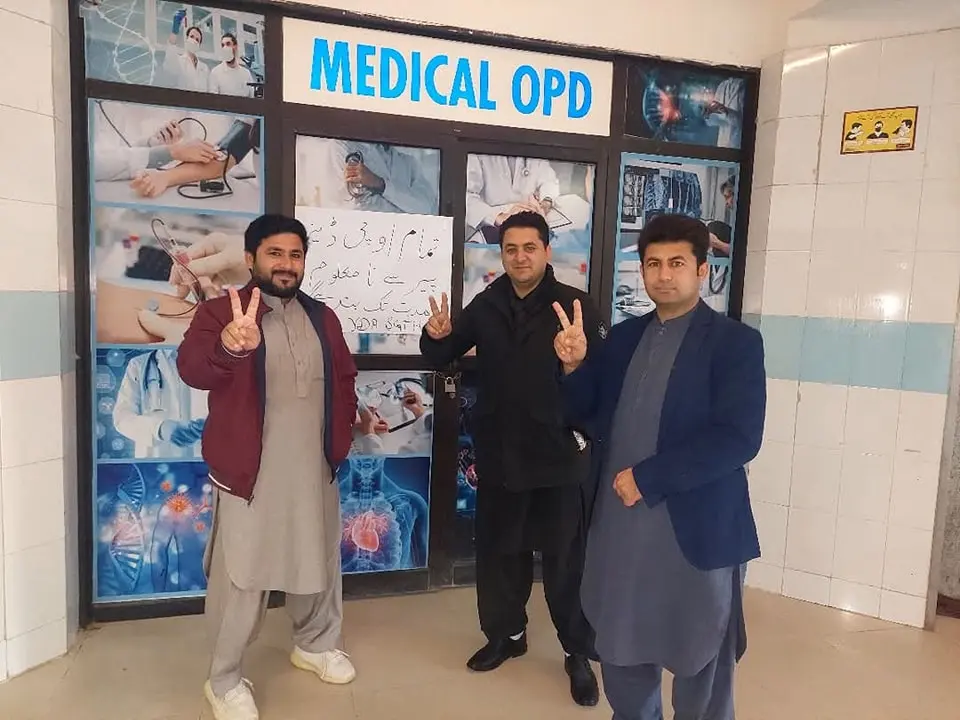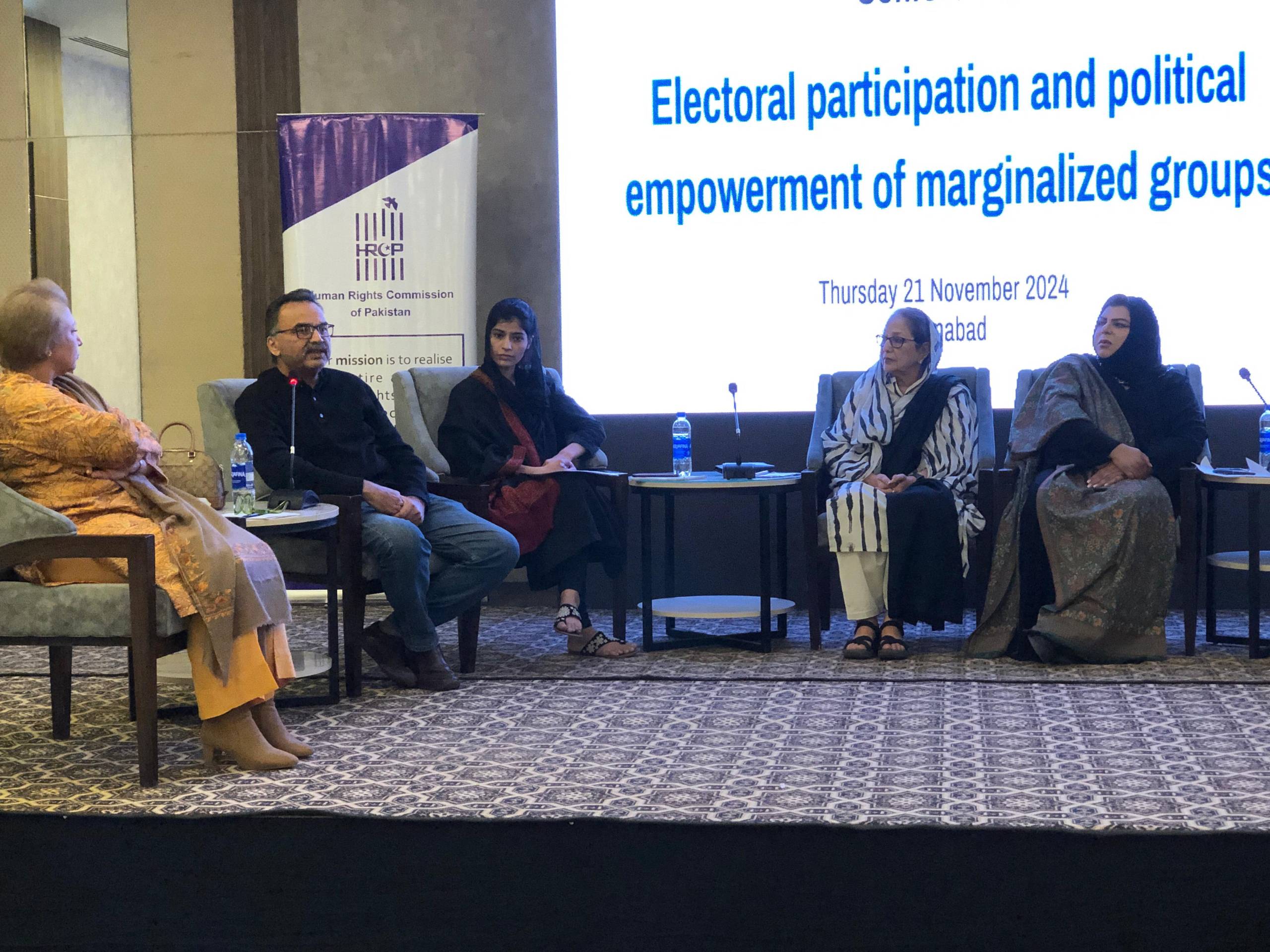
The Saidu Group of Teaching Hospital in Swat has been brought to a standstill as the Young Doctors Association (YDA) launched a protest against the transfer of 13 women medical officers from the gynecology department. The transfers, allegedly made at the behest of local MPAs, have been deemed “beyond comprehension” and “unacceptable under any circumstances” by the YDA ¹.
As part of the protest, OPDs, operation theatres, and cath labs have been closed, with only emergency services being provided. The YDA has vowed to continue the boycott of all elective services until the transfers are withdrawn.
The YDA has also expressed outrage over the perceived political interference in hospitals, stating that it is “unacceptable under any circumstances”. The association has called on the Khyber Pakhtunkhwa Health Department to take action, accusing the government of failing to provide health justice to the people of Malakand division.
Furthermore, the YDA has criticized the government’s decision to transfer existing doctors instead of recruiting new ones, citing it as a clear example of the health department’s failure.
The protest is set to continue until the demands are met, with the YDA threatening to expand the scope of the protest to the entire province if necessary.
Doctor Syed Murad Ali Tirmizi, senior vice president of the Young Doctors Association (YDA) Khyber Pakhtunkhwa, has expressed concerns over the government’s attempt to implement the Khyber Pakhtunkhwa Medical Teaching Institutions Reforms Act, 2015, at Saidu Teaching Hospital. Notably, Saidu Teaching Hospital is a district-level hospital, and Tirmizi argues that the implementation of this act would have a direct, adverse impact on the public due to its stringent rules and expensive procedures.
Tirmizi emphasized that the protest at Saidu Teaching Hospital would continue until the government withdraws the political transfers of female doctors. The YDA has been vocal about its opposition to the government’s actions, citing concerns about the impact on healthcare services and the well-being of patients.
Also read; Shangla people face difficulties in receiving proper medical attention in headquarters hospital






